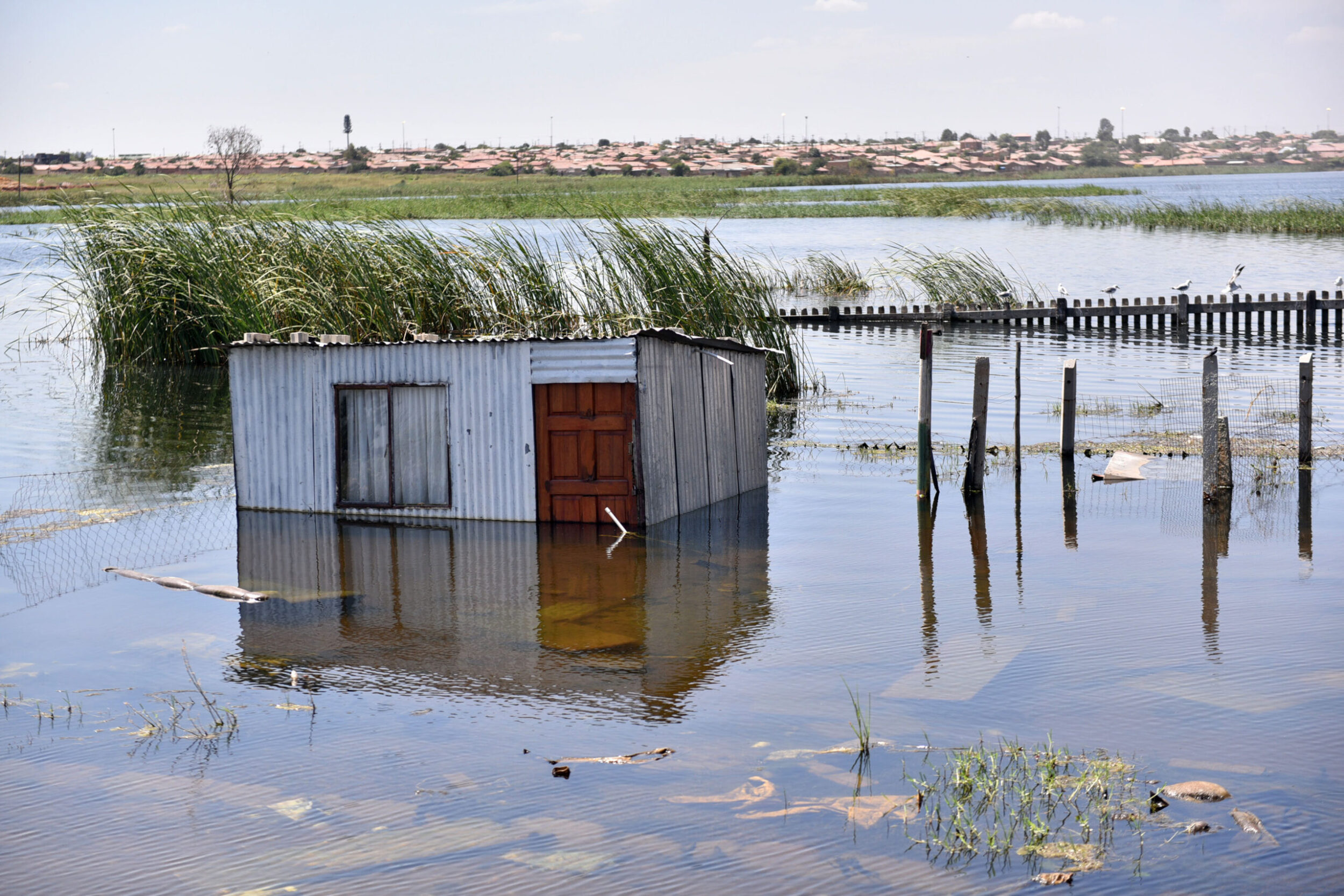For the past nine financial years, SOEs have received R456.5 billion of taxpayers’ money.
The South African government’s ability to provide quality service delivery has deteriorated as each year went by, with streets marred with potholes, sewage spillages, collapsing infrastructure, and roads resembling wasteland.
The National Treasury has attributed poor service delivery to their decision to provide cash-strapped state-owned enterprises (SOE) with billions in bailouts.
For the past nine financial years, SOEs have received R456.5 billion of taxpayers’ money, in the form of bailouts. By the end of the current financial year, this amount would have increased to R520.6 billion.
SOE with the biggest bailout
In a presentation, Treasury highlights Eskom as the entity which received the bulk of the money. By financial year 2025/2026, South Africa’s bulk electricity supplier would have received R496 billion in bailouts since 2008/2009.
However, the power utility is owed billions by private and public entities, municipalities, and government departments. The Minister of Electricity and Energy Kgosientsho Ramakgopa said 18 municipalities have an outstanding Eskom debt of over R1 billion each.
ALSO READ: SIU investigations saved South Africa R8 billion last year
The impact of SOE bailouts
The presentation details that these bailouts were financed through baseline adjustments and increased borrowing.
“National, provincial and local government baselines have been reduced by an accumulated R457 billion over this period (assuming baseline growth aligned to inflation),” reads the presentation.
Therefore, spending on infrastructure, essential goods and services was significantly affected by the baseline adjustment, directly impacting service delivery.
Other bailouts
Other SOEs that received bailouts include South African Airways (SAA) which received R49 billion in six years. In July, the airline said it needed an equity partner to save it.
Aviation analyst Guy Leitch, also editor of SA Flyer magazine, said he doubted whether SAA would go back to the government for funding. “That is why this issue of having a strategic equity partner to recapitalise the airline is so important.”
The South African National Roads Agency (Sanral) received bailouts amounting to R24 billion in the 2022/2023 financial year, and an extra R23 billion was transferred between 2011 and 2024 to deal with the GFIP debt.
ALSO READ: BLSA concerned about SA’s future logistics policy
Transnet requests bailout
The presentation also outlines that in late 2023, Transnet requested a R61 billion bailout. Transnet’s profits declined from R5 billion in 2019 to a net loss of R5.7 billion in 2023 and it carries a staggering debt burden of R120 billion.
The country’s logistics company is spending R1 billion per month to service its debts, however, Transnet CEO, Michelle Phillips said he is confident they will meet their recovery plan targets.
ALSO READ: ‘Not out of the woods yet’: Transnet says phase 2 of recovery plan is underway
2019/20 beginning of high bailouts
According to the presentation, the requests by SOEs to ask for large amounts of bailouts started in the 2019/2020 financial year, till the current financial year.
Other SOEs included in the presentation, without mention of the amount of money requested, include SABC; Land Bank; SASRIA; Denel; Post bank and SAPO; South African Express; DBSA; and Airports Company South Africa.
ALSO READ: Salga’s wage deal: To pay municipal workers more or to fix collapsing areas?
Roads have become a dumping ground
An account on social media platform X called Jozi vs Jozi has been comparing the state of different areas in Johannesburg in 2010 and in 2023. Images show how the city’s roads have deteriorated into dumping grounds, a bleak reflection of the throwaway society.
The fall from grace of Joe Slovo Drive.
2010 vs 2023. pic.twitter.com/G8J9UWjK69— Jozi vs Jozi (@jozivsjozi) October 14, 2024
The account also shows the collapsed infrastructure, which received little to no care. Some of the land which was previously unoccupied has turned into informal settlements due to lack of housing.
1 City and Suburb Road. Jozi.
2013 vs 2023. pic.twitter.com/87J3Imefo7
— Jozi vs Jozi (@jozivsjozi) October 13, 2024
NOW READ: Reform needed for SOEs, say experts
